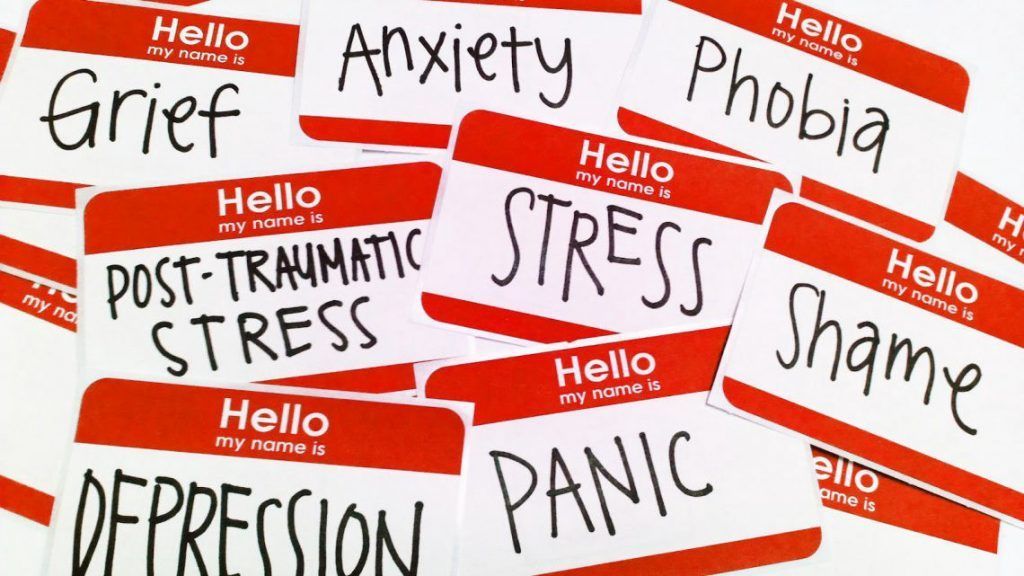“Mental pain is less dramatic than physical pain, but it is more common and also harder to bear. The frequent attempt to conceal mental pain increases the burden: it is easier to say ‘My tooth is aching’ than to say ‘My heart is broken.’” – C. S.Lewis . It was World Mental Health Day and a programme was organised at the Don Bosco Youth Centre, an important centre for learning and rehabilitation in Shillong, on 10 October, 2018. Jasper stood …
What We Need To Understand About Mental HealthRead More »
Interested in non-clickbait content? Become a member today.
You'll get access to:
- All content
- Comic Books
- Personalized cartoons
- Member credits in our videos and much more!
Become a member
Already a member? Log In


